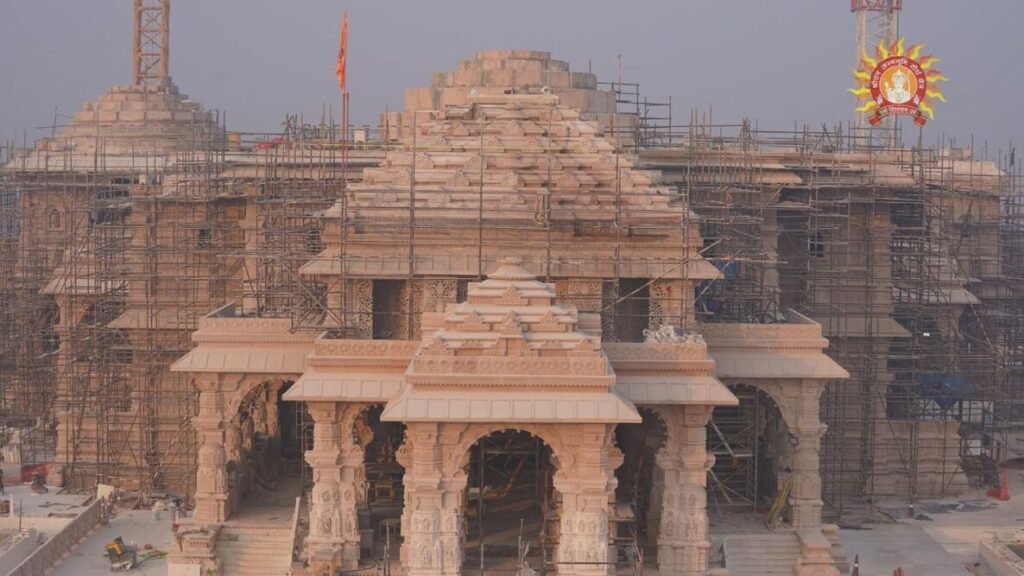
Charvaka, also known as Lokayata, was an ancient Indian school of thought that emerged around the 6th century BCE. While it had a significant presence during its time, the Charvaka philosophy eventually diminished in popularity and largely vanished in India.
Here are 5 reasons that contributed to the decline of Charvaka philosophy:
- Criticism of Vedic Authority: Charvaka philosophy rejected the authority of the Vedas, which were considered sacred texts in Hinduism. This challenged the prevailing religious and social norms of the time, leading to opposition and criticism from traditional scholars and religious leaders.
- Lack of Scriptural Documentation: Charvaka teachings were primarily oral and did not have extensive written scriptures. The absence of formal texts limited the preservation and dissemination of the philosophy, making it susceptible to being overshadowed by more well-documented schools of thought.
- Limited Intellectual Transmission: Charvaka philosophy heavily relied on oral transmission, which meant that knowledge and ideas were primarily passed down through verbal discourse. This limited the spread and perpetuation of the philosophy compared to other schools that had established textual traditions.
- Suppression by Orthodox Brahmanical Tradition: The Brahmanical tradition, which dominated religious and philosophical discourse in ancient India, often marginalized and suppressed heterodox schools of thought like Charvaka. This created an environment that made it challenging for Charvaka philosophy to flourish.
- Social Stigma and Persecution: Charvaka thinkers were often marginalized and faced social stigma due to their rejection of religious rituals, belief in materialism, and hedonistic tendencies. This social exclusion made it difficult for the philosophy to gain widespread acceptance or survive as a mainstream school of thought.
See also: Top 5 Indian philosophies
Other reasons to responsible for vanished charvaka:
- Lack of Institutional Support: Unlike other philosophical traditions, Charvaka did not have dedicated institutions or patronage that could sustain its growth and intellectual development. The absence of formal structures and support systems hindered its long-term survival.
- Shift in Intellectual Climate: Over time, the intellectual climate in India shifted towards a stronger emphasis on spiritual and metaphysical concerns. The rise of philosophies such as Vedanta and Buddhism, which focused on transcendent and metaphysical aspects of reality, overshadowed Charvaka’s materialistic and atheistic outlook.
- Intellectual Assimilation: Some elements of Charvaka philosophy were incorporated and absorbed into other schools of thought. Aspects of materialism and skepticism found their way into different philosophical systems, diminishing the distinct identity of Charvaka.
- Loss of Historical Documentation: Due to the limited preservation of Charvaka texts, much of its historical documentation has been lost over time. This makes it challenging for scholars to fully understand and reconstruct the philosophy.
- Cultural and Societal Shifts: Changes in societal norms, cultural practices, and intellectual trends over the centuries have contributed to the fading of Charvaka philosophy. The evolution of Indian thought and the dominance of different philosophical traditions played a role in marginalizing Charvaka.
While Charvaka philosophy may have vanished as an independent school of thought, its influence and remnants can still be found in various philosophical and intellectual discourses in India and beyond.

Some popular Charvakas Quotes:
- “जीवन में सुख प्राप्त करो, आगे का न सोचो।” (Enjoy pleasure in life, don’t worry about the future.)
- “मृत्यु के बाद सब खत्म, इसलिए आज का आनंद उठाओ।” (Everything ends with death, so enjoy today’s pleasures.)
- “जो नजर में नहीं है, वह अस्तित्व में नहीं है।” (What is not seen does not exist.)
- “जीवन का आनंद शारीरिक सुखों में है।” (The pleasure of life lies in physical pleasures.)
- “जो अनुभव करके नहीं देखा, वह असत्य है।” (What is not experienced is untrue.)
- “प्रारंभिक आनंद को बढ़ावा दें, अन्य काम बाद में करें।” (Promote immediate pleasure, do other things later.)
- “अनुभव और प्रमाण द्वारा ही सत्य को प्रमाणित किया जा सकता है।” (Truth can only be established through experience and evidence.)
- “ईश्वर और अन्तरात्मा का अस्तित्व नहीं है।” (There is no existence of God or soul.)
- “अविश्वास करो, देखो और स्वयं अनुभव करो।” (Doubt, observe, and experience for yourself.)
- “शास्त्रों को न मानो, अपने बुद्धि पर भरोसा रखो।” (Do not believe in scriptures, rely on your own intellect.)



